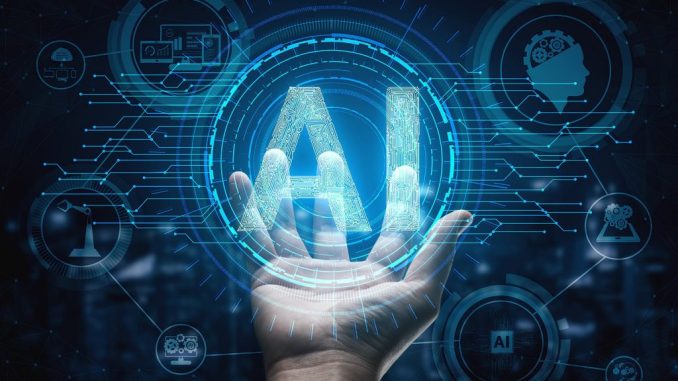
Introduction
Artificial Intelligence (AI) is a transformative technology that has rapidly integrated into various aspects of our lives. From virtual assistants to self-driving cars, AI is reshaping industries and pushing the boundaries of what machines can achieve. This article delves into the basics of AI, exploring its definition, types, applications, and potential impact on society.
Defining Artificial Intelligence
Artificial Intelligence refers to the development of computer systems that can perform tasks that typically require human intelligence. These tasks encompass a wide range of activities, including problem-solving, decision-making, natural language understanding, speech recognition, and image analysis. AI systems are designed to simulate human cognitive functions, enabling them to learn from data and adapt their behavior over time.
Types of Artificial Intelligence
- Narrow AI (Weak AI): Narrow AI is designed to perform a specific task and excels within its designated scope. Examples include virtual assistants like Siri and Alexa, which can answer questions and perform tasks based on predefined algorithms.
- General AI (Strong AI): General AI is a theoretical concept where machines possess human-like cognitive abilities and can perform any intellectual task that a human can. This level of AI is still largely in the realm of science fiction and remains an aspiration for researchers.
- Artificial Superintelligence: This hypothetical level of AI surpasses human intelligence and has the potential to solve complex problems far beyond human capabilities. It’s a topic of debate and speculation, with concerns about control and ethics.
Machine Learning and Deep Learning
Machine Learning (ML) is a subset of AI that enables systems to learn from data. It involves the use of algorithms that allow computers to identify patterns, make predictions, and improve their performance over time. Deep Learning is a subfield of ML that focuses on neural networks with multiple layers, enabling them to perform complex tasks like image and speech recognition.
Applications of AI
- Healthcare: AI is used to analyze medical data, diagnose diseases, and develop personalized treatment plans. It can assist in early detection of illnesses and streamline administrative tasks.
- Autonomous Vehicles: Self-driving cars use AI to interpret surroundings, make real-time decisions, and navigate safely without human intervention.
- Finance: AI algorithms are employed for stock market analysis, fraud detection, credit scoring, and algorithmic trading.
- Natural Language Processing (NLP): NLP enables computers to understand, interpret, and generate human language. It powers chatbots, language translation, and sentiment analysis.
- Robotics: AI-driven robots are used in manufacturing, healthcare, and exploration to perform tasks that are dangerous or repetitive for humans.
Ethical and Societal Considerations
As AI technologies advance, ethical considerations become paramount. Issues include bias in algorithms, data privacy, job displacement due to automation, and the potential misuse of AI for surveillance and warfare.
The Future of AI
The future of AI is promising and challenging. Advancements in AI will likely lead to more sophisticated applications and improved problem-solving capabilities. However, ethical dilemmas and regulatory frameworks must evolve to ensure AI benefits society while minimizing potential risks.
Conclusion
Artificial Intelligence is reshaping the world we live in, from enhancing daily tasks to revolutionizing entire industries. Understanding its basics is crucial to appreciating its potential and implications. As AI continues to evolve, striking a balance between technological progress and ethical considerations will be essential for harnessing its benefits while mitigating its challenges.